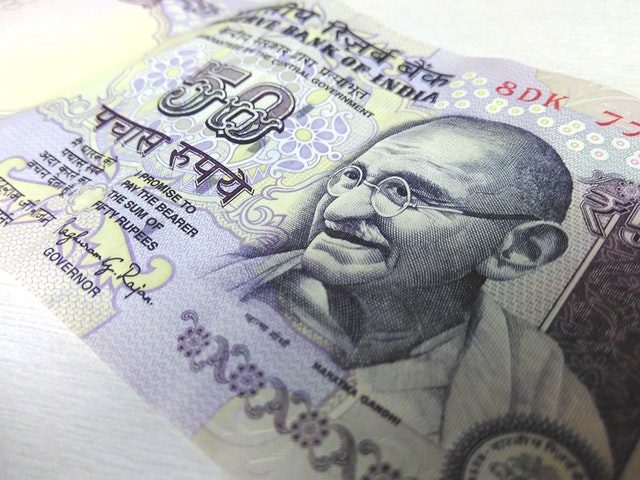Markets and Properties of Money

Markets and Properties of Money
A market is a set of arrangements that allows transactions to take place. Nowadays markets are not bounded to appear in a place, in fact now we shop online from websites like Amazon or Flipkart etc. that is e-commerce market via the internet. In the market, every commodity is priced. Today we all know that how important is money. We cannot buy anything without money gone is the barter system days. Money has some properties that make it important. Properties- medium of exchange, store of value, unit of account and standard of deferred payment.
In this article, we shall discuss two more important aspects of Economics: Markets and the roles of money. These topics will help provide further understand of what basic economics is. It will also help us set a good base for future theories. We will start by understanding what markets are.
Markets is something that we hear and speak about many times every day. Markets form a big part of every day life. They are often discussed not just by us, but also politicians, economists and news channels. What do we think when we hear market? Most get the image of going to a public place where there are many shops and they can buy things. Some think of the stock market. Some think of e-commerce websites such as Amazon and Flipkart. These are all what people think of markets as. In economics, the term market is used many times. In any discussion, markets will most likely be a part. Many economic theories give an analysis of different types of markets. This is why it is important to understand what markets mean in Economic terms.
The formal definition of Markets is: Market is a set of arrangements that allows transactions to take place. When we speak of transactions, they need to be economic transactions. They cannot be illegal and they must have some value attached to them. These transactions must be add something to the economy. If that does not happen, they a market doesn’t exist.
Markets, as previously said, can be of many types. They can be in the form of physical locations. These are the markets that most people think of. They can be in the form of a car shop, to a clothes boutique, to a bakery, and a florist’s shop. It can also be sale of factors of production. Consumers don’t need to be directly involved in the process. If, for example, a company like Maruti Suzuki needs steel to build a car. It will need to buy this steel from somewhere. For this it will have to go to someone who produces steel and buy it from them. An economic transaction is taking place as something is being added to the economy. This transaction has been conducted in a market. This is an example of a physical market. But markets do not always need to be in physical locations. They can be but it is not a necessity. With the boom of internet, e-commerce has been growing consistently. More and more people are shopping online and websites like Amazon and Flipkart are consistently growing. This has led to a new form of market. Many people may not think of them as markets. But the economic definition says that transactions must be allowed to take place. On these websites, transactions are conducted. This is why they are also markets. An important thing to remember is that money does not necessarily need to be exchanged for a transaction to take place. Credit transactions can take place, free goods are given away, donations are made. All these still take place in a market. Anytime something is exchanged legally, in return for something else, and economic value is created, a market is in existence.
The next question to ask is what happens in a market. There is a price that exists in a market. When we go to the market, there is a set price that we have to pay. Prices don’t usually change every day. Also, a certain quantity is available. There are only a limited number of goods in the market. How are the values of price and quantity determined? These are done by the market by putting demand equal to supply. When demand is equal to supply, the price and quantity are decided. We will further discuss this in later articles. This is basically what markets are.
Now, we shall discuss the properties of money. Money is one of the most important parts of any market. Even though, we can exchange without money, it is very difficult to do so. The market would slowly become a barter market, which will have a lot of problems. Money has some properties that make it important. The properties are as follows:
- Money is a medium of exchange. Basically, this means that money allows you to buy anything just by giving money in exchange. Everyone will accept money. If money is not there, we will need to have something that the other person wants and this is a major problem.
- Money is wanted by everyone because it can be used to buy things in the future. If I give a banana in return for an orange, it is possible that no one else will take the banana. But everyone will take money. This property of money is knows as ‘Store of Value’
- Money also allows us to compare the value of different goods and services. How do we know how many bananas are worth one orange? Without money, we cannot do so. But money allows us to have a value with these goods and services. This property of money is known as ‘Unit of Account’
- Money can also act as a ‘Standard of Deferred Payment’. This means that firms will be willing to sell goods and services if they are promised money to be given later. You don’t need to pay the money right away but money must be paid at some other time in the future.
This covers our discussion of Markets and property of markets and how they are important in Economics.






Responses